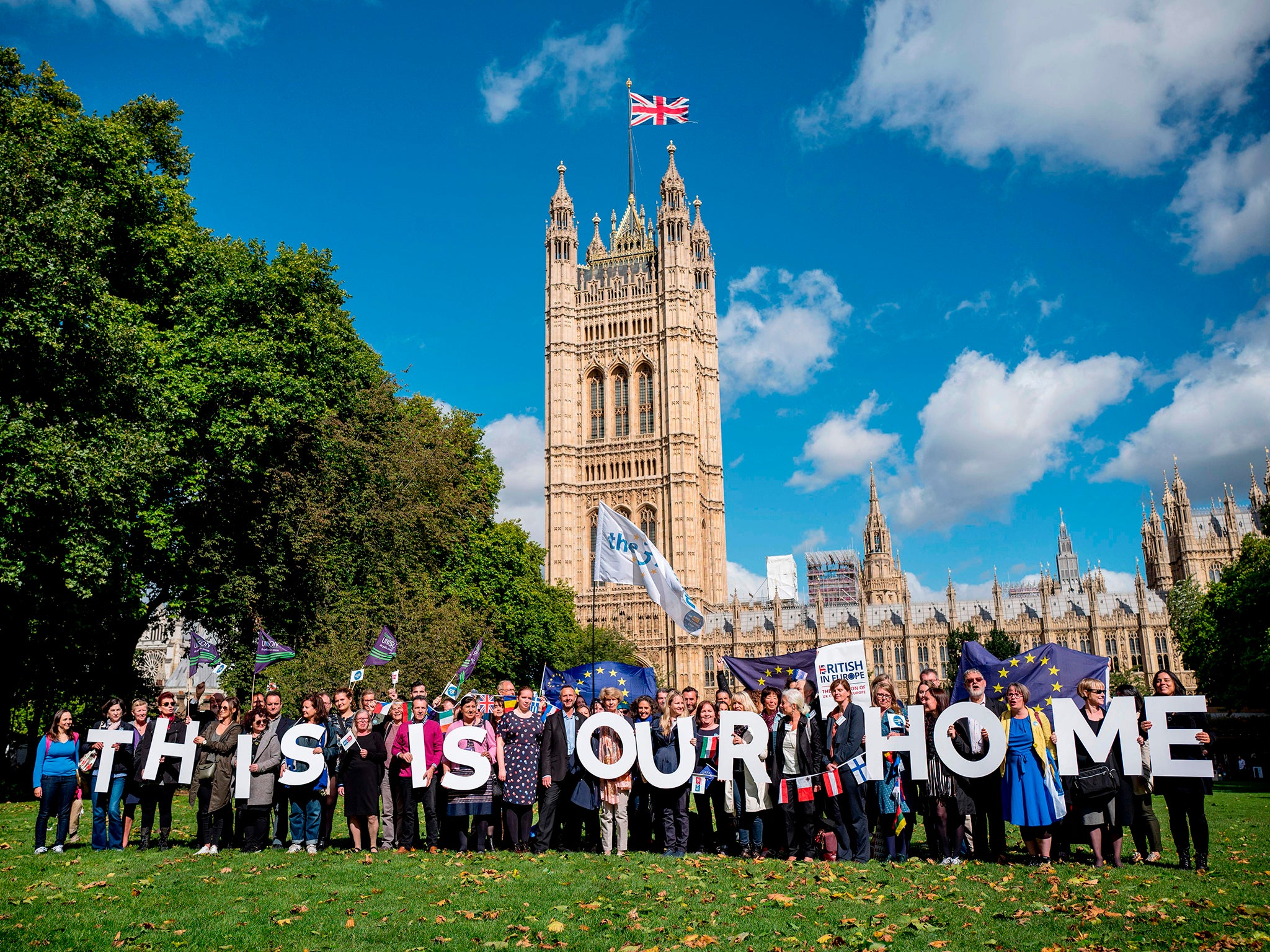Why is the EU settlement scheme not working for everyone?
Analysis: Many EU nationals are simply being left to fall through the cracks, May Bulman writes


It is a struggle to be heard above the Brexit turmoil at the moment. Shock resignations and drastic ministerial announcements in parliament are dominating the news agenda, making it difficult to shift attention to anything else.
One group that does seem to be doing well at shouting about their Brexit concerns is EU nationals. Criticism of the EU settlement scheme has been hitting the headlines in recent weeks, with a stream of newspaper articles highlighting cases where often highly educated and successful UK residents have been wrongly denied settled status, prompting outrage.
Rightly so. It can be easily argued that it isn’t fair for someone who has been legally resident in Britain for many years to have to apply to obtain immigration status at all – let alone be wrongly denied it.
But it is important to note that it is only a certain cohort of EU nationals who are getting their voices heard in the media even if the concerns are definitely worth hearing. Celebrity chefs, headteachers and local councillors – they are people who have the confidence and the means to speak up.
And most of these people were granted full settled status after submitting further evidence to the Home Office of their residence in the UK. So while the experience is stressful and anxiety-inducing, and that cannot be underestimated, they are at no risk of being left undocumented after Brexit.
Meanwhile, the more disadvantaged EU nationals who do not have the means or contacts to get their stories heard – such as children in care, victims of exploitation, prisoners, elderly people – are the ones who are facing real problems with the settlement scheme. Many of them don’t even know it.
That is part of the issue. While educated, middle-class people who follow the news will be all too aware of the scheme – and ready to complain about glitches in the process – there are many vulnerable people out there who will never have come across it, and whose cases are on the whole are far more complex.
The Home Office says it has addressed this problem with April’s announcement that they were allocating £9m to 57 organisations to support an estimated 200,000 vulnerable or hard to reach EU citizens across the country.
But charities who have been granted this funding have said this is “woefully inadequate for the task at hand”, and that without more funding, large swathes of EU nationals will be left without status and at the mercy of the hostile environment.
These concerns are barely getting a mention in the media or in political discourse, so things are unlikely to change. And seeing as these people exist on the margins of society already, no one will notice if they fall through the cracks – not yet anyway.
Join our commenting forum
Join thought-provoking conversations, follow other Independent readers and see their replies
Comments